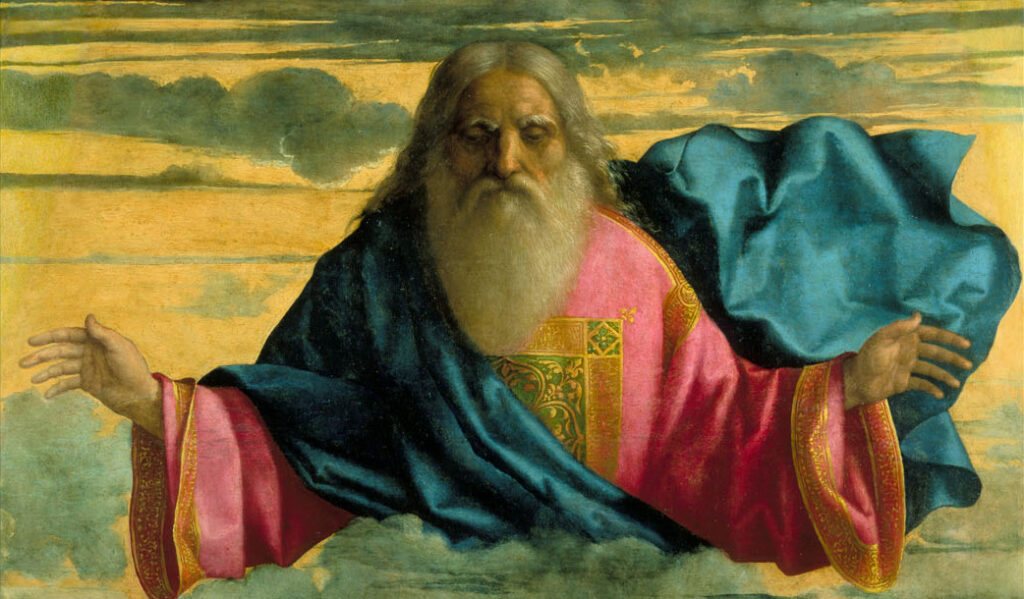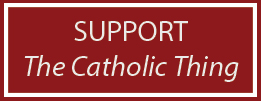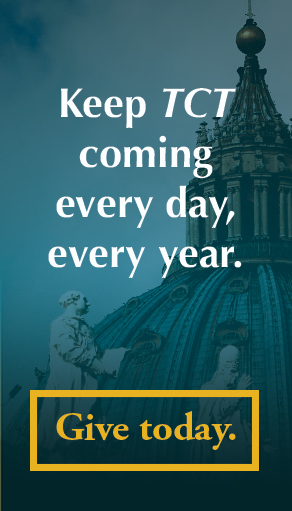Whenever a mass shooting makes national headlines (an event that seems to happen every few days now), conservative politicians offer their “thoughts and prayers,” and liberal politicians deride this offering by saying that prayers are far from enough. They want even tougher gun laws.
This raises the question (or “begs the question” as TV journalists like to say, ignorantly misappropriating the name of a classical logical fallacy, also called “arguing in a circle” or petitio principii). Does prayer actually work? When we pray for a happy outcome, does this wished-for outcome often take place? Does God (or whoever is responsible for answering prayers) answer them?
Primitive religions are great believers in the power of prayer – including, sadly, the power of negative prayer, that is, of cursing one’s enemies. And the great religions of the world – Judaism, Christianity, Islam, Hinduism, and Buddhism – have all placed prayer rituals at the center of their religion.
Almost all human beings have believed, at least at some moments of their lives, in the power of prayer. Even atheists pray to some higher power in moments of desperation, and thus “there are no atheists in foxholes.” Almost all societies have made provisions for public prayer.
Just the other day, Great Britain, a country that abounds in religious skeptics, spent the better part of a Saturday praying for its monarch and for the country he represents and presides over. Tennyson’s King Arthur summed up all this when he said, “More things are wrought by prayer than this world dreams of.”
But “this world,” especially in modernized countries like America, contains tens of millions (or more) of people who doubt and even deny that prayers are efficacious. They point to the fact that last week millions prayed for no more mass shootings, yet this week there were two or three more. They concede that prayer may be helpful to the persons doing the praying, e.g., by comforting them and causing them to feel more hopeful, but they argue that there is no scientific evidence that God (or whoever or whatever) has answered the prayer.
What is a Catholic to think of all this?
According to Catholic theologians and philosophers, God is an all-knowing being, and therefore God hears all prayers that are directed at him. Moreover, God is an eternal being – he stands outside of time and above it. And so whatever prayer I may pray today is a prayer that God heard “before” the world began. (I put the word “before” in quotes as a reminder that time began with the creation of the world, not before it; there was no temporal before, though there must have been a non-temporal before.)
Further, God’s decision on whether or not to answer this prayer was also made before the world began, and it was, therefore, built into the very architecture of the world before God created everything.

Speaking for myself, I find all this very believable. I find it believable, for instance, that the historical successes of the United States of America are answers to prayers offered for the country by countless Americans over the last few centuries. And not just those prayers that were offered prior to the historical event in question.
Prayers offered yesterday, for instance, may have had an impact on the outcome of the Battle of Gettysburg. The prayer of somebody praying in AD 2013 for the well-being of the United States is a prayer that will have been heard by God billions and trillions and quadrillions of years ago, and God may well have borne that prayer in mind when designing the universe.
In most respects, Benjamin Franklin, perhaps the most commonsensical American who ever lived, was a typical 18th-century Deist – except for one thing: he believed in the power of prayer. Dr. Franklin was convinced that American victory in the War of Independence was antecedently so improbable that its actual happening could only be seen as nothing less than miraculous. God must have intervened as an answer to American prayers.
And so we may imagine that God, as he sat down to design the universe, said to himself, “I foresee that future Americans will so barrage me with earnest prayers for their beloved country that I will be happy to give a positive answer to these prayers. As they struggle against poor old George III, I will provide them with a great leader – far greater than Cromwell or Napoleon; and when their country is in danger of falling apart in the 1860s, I will provide them with a second leader full of wisdom and nobility.”
I, with my Catholic mind, have always thought it odd that our Protestant brothers and sisters don’t pray for dead persons; they pray instead for the dead person’s survivors. This is because of the general Protestant disbelief in the Catholic doctrine of Purgatory. No need to pray for the dead since they are either in Heaven (and so prayers are needless) or they are in Hell (and so prayers are useless).
If the prayer we utter today, however, was heard by God trillions of years ago, a prayer for our dead man on the morrow of his death may have persuaded God to provide him with the grace needed for a happy death.
There can be no empirical proof (or disproof) of the efficacy of prayer. But if we believe that God is unlimited in his knowledge, power, and benevolence, it makes sense to pray to him, thereby following the nearly universal practice of the human race from time immemorial.
It may well be that our epidemic of mass shootings is a consequence, not just of too many guns, but of too few prayers. Atheism can be dangerous to our health in more ways than one.
Lincoln was not a fool when, in the midst of civil war, he called for a day of national fasting and prayer. Perhaps Joe Biden should do the same.

















